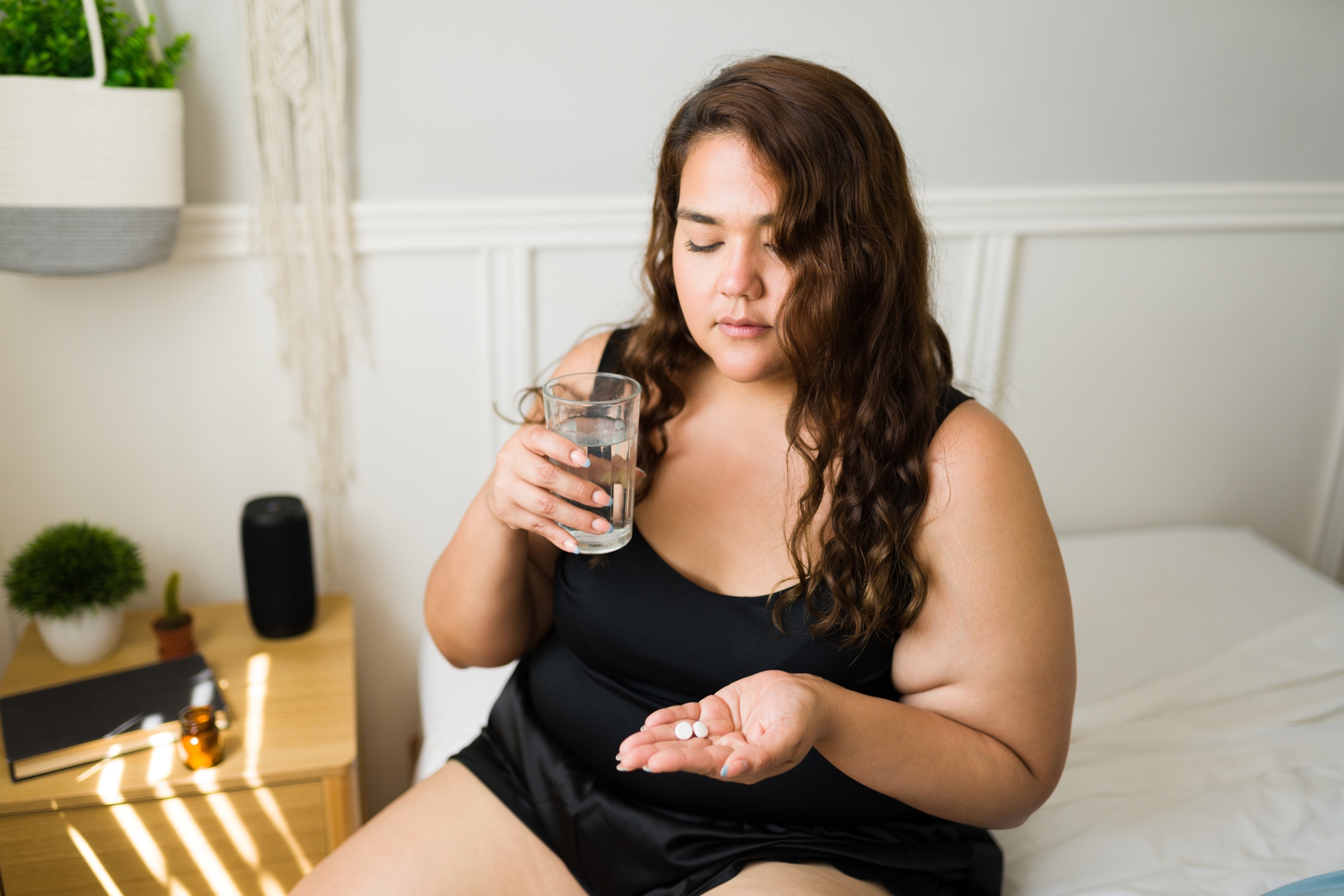Attention-Deficit/Hyperactivity Disorder (ADHD) is common; however, it is underdiagnosed and undertreated in women. Over the last decade, we have seen an increase in the number of women receiving treatment for ADHD; however, we have little information on how female-specific hormone changes, such as those occurring during the premenstrual period, may impact not only the course of illness but also its treatment.
A group of clinicians from an outpatient clinic in the Netherlands that exclusively treats patients with adult ADHD (de Jong et al, 2023) noticed that many women with ADHD described a significant decrease in well-being during the premenstrual period, with increased irritability, worsening of their mood, and fatigue. Some women met the diagnostic criteria of co-occurring premenstrual dysphoric disorder (PMDD), with core symptoms of anxiety, irritability and depressed mood. In addition, numerous women reported a worsening of their ADHD symptoms during the premenstrual period. Women reported that despite being on a stable dose of psychostimulant medication, they reported that their ADHD medication was either less effective or ineffective during the premenstrual phase of their cycle.
How Should Premenstrual Worsening of ADHD Symptoms Be Managed?
In a small case study of nine consecutive women receiving treatment for ADHD and co-occurring conditions (including depression and PMDD), this group of clinicians reported on the clinical effects of increasing the prescribed psychostimulant dosage during the premenstrual period, monitoring the effects of this dosage adjustment on ADHD symptoms, mood and somatic symptoms for the following 6-24 months. Six of the women carried a diagnosis of PMDD and three were being treated with a selective serotonin reuptake inhibitor (SSRI) before entry into this observational study.
They observed that with premenstrual dose elevation, all nine women experienced improved ADHD and mood symptoms with minimal adverse events. Premenstrual inattention, irritability and energy levels improved, and, with this increase in dosage, their symptom burden resembled that experienced during the other non-premenstrual weeks more closely. Despite differences in symptomatology, age, co-occurring conditions, and type of psychostimulant used, all nine women experienced a positive change in premenstrual mood and ADHD symptoms with the increased dosage and wished to continue with the premenstrual dose adjustment.
These preliminary results demonstrate the potential benefits of increasing the dosage of psychostimulant medication premenstrually in women with ADHD who experience premenstrual worsening of ADHD and mood symptoms. While this is a small study, it provides guidance for the management of women with ADHD.
Ruta Nonacs, MD PhD
References
Camara B, Padoin C, Bolea B. Relationship between sex hormones, reproductive stages and ADHD: a systematic review. Arch Womens Ment Health. 2022 Feb;25(1):1-8.
de Jong M, Wynchank DSMR, van Andel E, Beekman ATF, Kooij JJS. Female-specific pharmacotherapy in ADHD: premenstrual adjustment of psychostimulant dosage. Front Psychiatry. 2023 Dec 13;14:1306194.








Leave A Comment